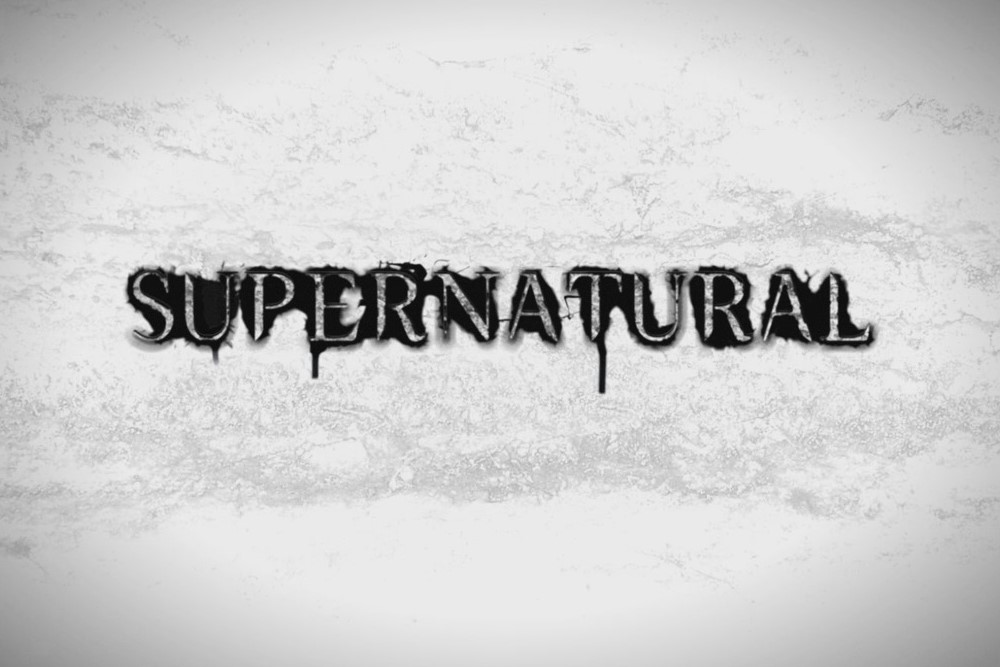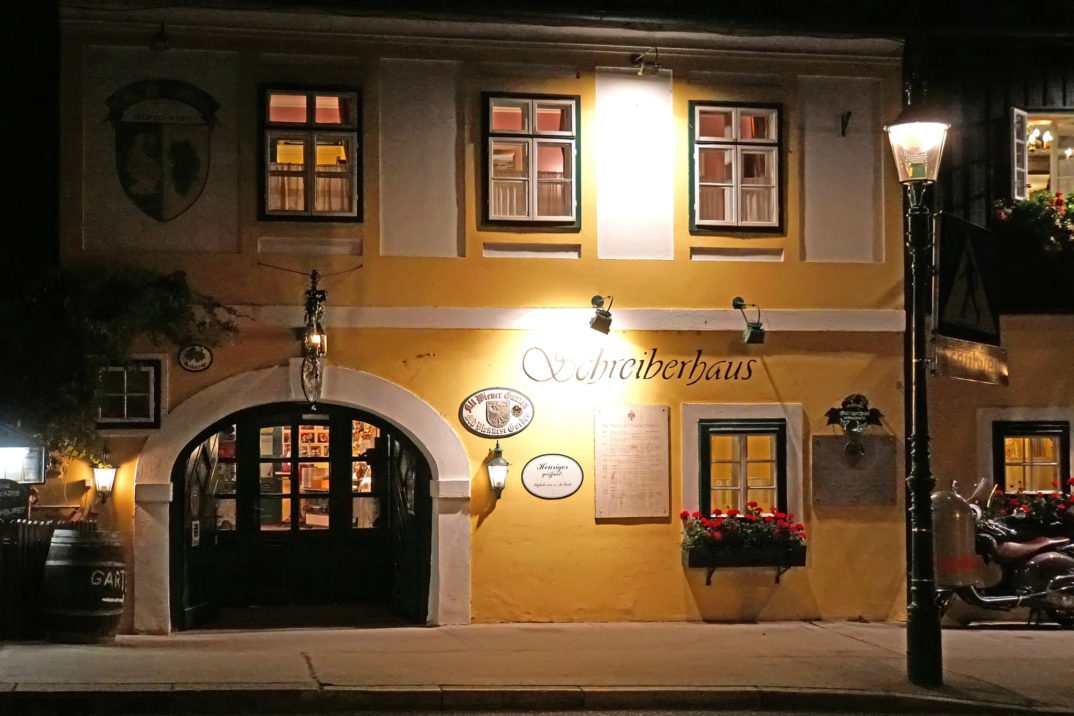[SPOILER WARNING: This article discusses several plot details of Supernatural’s final season.]
On November 19th, after more than fifteen years, the longest-running genre show in American broadcast television ended when The CW’s Supernatural aired its series finale. Since its premiere in 2005, the show has followed the adventures of Sam and Dean Winchester, brothers who hunt monsters and repeatedly find themselves fighting to stop the Apocalypse. Having defeated everyone from Satan to the Archangel Michael in previous seasons, the final chapter of the Winchesters’ story sees them squaring off against the person ultimately responsible for the suffering and evil they’ve challenged throughout the show: the Almighty God (who typically incarnates in the form of a bearded writer named “Chuck”). After learning that Chuck has secretly been manipulating them for the entirety of their lives, pushing them towards a confrontation where one brother shall kill the other, Sam and Dean reject this divine plan and set out to, instead, attack and dethrone God.
In the late 19th century, the German philosopher Friedrich Nietzsche told a similar story; in Book Three of his 1882 work The Gay Science, Nietzsche tells a story of a “madman” running through a marketplace yelling:
“God is dead! God remains dead! And we have killed him! How can we console ourselves, the murderers of all murderers! The holiest and the mightiest thing the world has ever possessed has bled to death under our knives: who will wipe this blood from us? With what water could we clean ourselves? What festivals of atonement, what holy games will we have to invent for ourselves? Is the magnitude of this deed not too great for us? Do we not ourselves have to become gods merely to appear worthy of it?”
Ultimately, the madman realizes that his audience doesn’t understand, so he throws up his hands and shouts “I come too early! My time is not yet!” and enters the church to pray for the dead.
While his readers would later develop the concept in many different directions (both philosophical and theological), Nietzsche’s talk of “the death of God” is typically found within the more sociological portions of his work. In The Gay Science, for example, Nietzsche considers how art and poetry (and, perhaps, television shows?) can not only give meaning to an individual person’s life, but can help define entire cultures and collective ways of living. This is why Nietzsche’s madman talks about the burdens and responsibilities that come in the wake of “God’s demise”: whereas previous cultures might have been defined by religious values or practices, a post-religious culture would need to invent a new sense of meaning for itself.
So, for Nietzsche, the rejection of God entails the rejection of many other things, but this comes as both an exciting challenge and an opportunity: in the absence of divine expectations, people can pursue and enjoy their lives as they desire, free from the restrictions of the culture (and even the deity) who might prevent them from becoming the person that they would otherwise be. Without Chuck around to write the story, say, the Winchesters (and everyone else) could be free to write their own ending.
And to Nietzsche, to experience true freedom is to “no longer be ashamed before oneself,” living and expressing oneself fully in each moment:
“I want to learn more and more how to see what is necessary in things as what is beautiful in them – thus I will be one of those who make things beautiful. Amor fati: let that be my love from now on! I do not want to wage war against ugliness. I do not want to accuse; I do not even want to accuse the accusers. Let looking away be my only negation! And, all in all and on the whole: some day I want only to be a Yes-sayer!”
This amor fati — “love of fate” — is a matter of a human saying “yes” to one’s circumstances without obligation, dread, or fear, no matter what those circumstances might be — something Nietzsche elsewhere calls “my formula for greatness in a human being.” (Of course, Nietzsche also has much to say about the role of one’s own strength and willpower in shaping one’s circumstances, as well as the conditions that prevent a person from being able to do so, but those are stories for a different day.)
At the end of the road, it’s unlikely that Nietzsche was thinking about God’s death in the same way as the writers of Supernatural — that is to say, he did not clearly think of it as a literal death of a literal deity. But this means that we can view the television show as a kind of a parable, aesthetically demonstrating familiar Nietzschean ideals of freedom, authenticity, and the power of humanity. The Winchesters’ fight to be free of God’s schemes is ultimately not that different from the fight to be able to genuinely express yourself — the fact that Sam and Dean do so alongside the Grim Reaper, the Devil, and the remaining Heavenly Host is just a matter of making exciting television. And, in a similar way, the amor fati doesn’t mean that nothing bad will ever happen; instead, it’s a matter of, like the Winchesters, making the right choice about how to handle the bad when it comes.
So, in a time when spandex-wearing protagonists dazzle movie theaters and television screens with their superpowers, Supernatural’s heroes are just a couple of normal guys driving around in their dad’s old car. After fifteen seasons of vampires, magic daggers, time travel, and demon blood, the story of Sam and Dean Winchester (and, for that matter, Chuck/God) proudly ends in a profoundly human (all-too-human) place.


